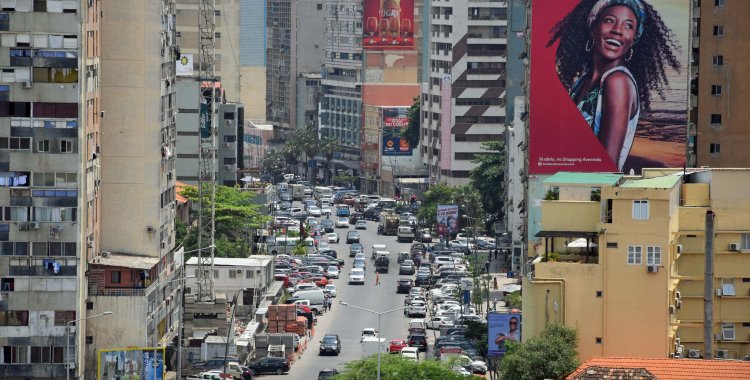Alluding to the International Monetary Fund (IMF) mission reports and the basis of the Angolan General State Budget (OGE) in this eight-year period, the economist pointed out that between 2017 and 2021 the loss was 315 dollars per year for each citizen.
The basic data, taken from the aforementioned sources, to which the National Accounts can be added, notes Alves da Rocha, point to an “increasing degradation” in the general living conditions of Angolans.
The analysis carried out by the director of the Center for Studies and Scientific Research at the Catholic University of Angola (UCAN) was presented in the 2nd Cycle of Debates: The Peace Dividend in Angola: Economic, political and civic indicators before 2002 and now .
In this debate session, promoted by the Reflection, Advice and Debate Group (GRAD) of the UCAN Social Sciences and Humanities Laboratory, the economist spoke about “Peace and National Reconciliation”.
This year, on April 4th, Angola celebrated 21 years of peace and national reconciliation, after the end of the armed conflict in 2002.
For Alves da Rocha, peace is a public good, it belongs to the people and the best celebration of peace is the improvement of their living conditions, “systematically degraded for many years in this part”.
“Caviar and lobster – in the opportune meals offered by the national bourgeoisie – contrast with the funje mixture without duct (only water, salt and gindungo) in more than 90 percent of Angolan families,” he said.
The economist stressed that social inequalities in the country “are aberrant and unworthy of the precepts of our Constitution”.
“We must be ashamed of the unbalanced societal situation that exists where poverty, hunger and marginalization prevail. It is unworthy to celebrate the years of peace with so many children on the streets asking for bread to eat”, he lamented.
In the economist's opinion, the absence of war “is important and invaluable”, however, the absence of armed actions does not mean peace, “only new conditions for development” and progress, “the only and determining factors of unity and national reconciliation.”
According to Alves da Rocha, in the text presented at the meeting by GRAD coordinator, Cesaltina Abreu, the absence of war “is a substantial gain, but its use has been defective and unfortunate” as it has not resulted in “visible improvements in living conditions of the majority of the population.”
The "intense dynamics" of growth in the Gross Domestic Product (GDP) between 2003 and 2008 "(around 10.7 percent per year, which could be doubled in less than seven years), an effective material dividend of peace", he highlighted, was channeled into the process of primitive accumulation of capital and the creation of a moneyed national bourgeoisie".
This, he pointed out, was the opportune period to have made a change in the national income distribution model in favor of the fight against poverty and which would have prepared the country for “greater resistance to the adverse events of falling oil prices”.
Alves da Rocha also defended that national reconciliation “will only be effective” with a “secure economic base (spread within criteria of rationality, productive and economic structures), sustainable growth and access to enrichment opportunities”.







